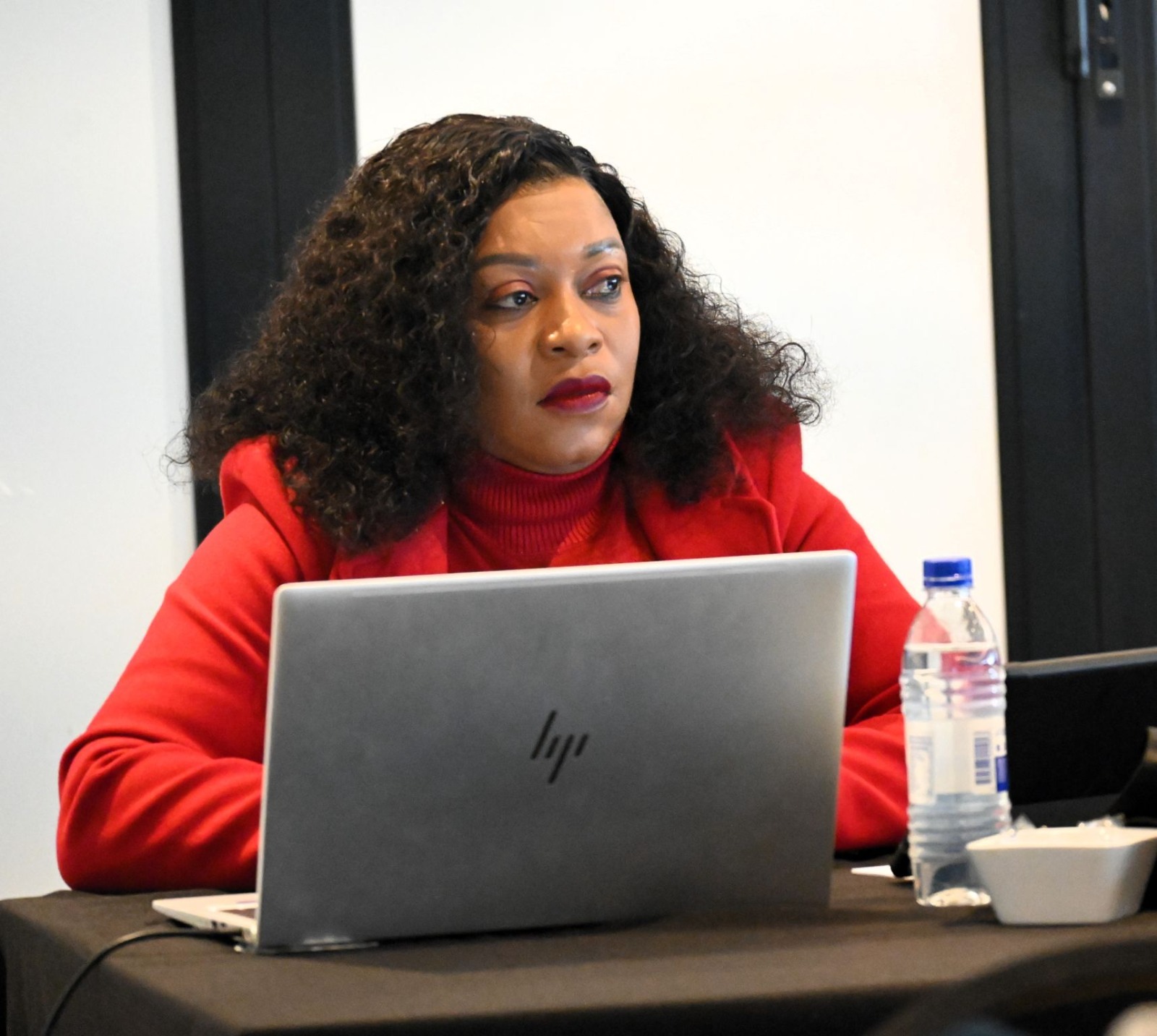WSU RESEARCHER PROMOTES MULTILINGUAL TEACHING TO IMPROVE STUDENTS SUCCESS IN HIGHER LEARNING
 To improve pass rates and enhance student understanding in higher learning institutions, Walter Sisulu University (WSU) lecturer and researcher Dr Tarisai Mpofu has embarked on translanguaging research aimed at finding ways to strengthen teaching and learning.
To improve pass rates and enhance student understanding in higher learning institutions, Walter Sisulu University (WSU) lecturer and researcher Dr Tarisai Mpofu has embarked on translanguaging research aimed at finding ways to strengthen teaching and learning.
This follows after a decline in pass rate, which she stated had been worsened by language barriers.
Mpofu then saw that a teaching method that allowed the use of multiple languages in the classroom could be beneficiary for a better understanding.
According to Mpofu, many students at WSU, despite coming from rural and other multilingual backgrounds, were expected to learn and be tested only in English, which is often not their home language.
In her research titled ‘‘Towards a framework for translanguaging pedagogies in an institution of higher education in south Africa’’ she explored how this method could improve teaching and learning in universities, and recently presented it at an EWIRA workshop hosted in East London.
“What concerned me most and led me to pursue this research at WSU was the clear disconnect between the linguistic realities of our students and the language practices in the classroom. Many of our students come from multilingual backgrounds, primarily isiXhosa-speaking communities, yet they are expected to learn, engage, and be assessed entirely in English, a language that is not their home language,” she said.
She added that she was particularly worried about how this language barrier limited students’ ability to access knowledge, express their understanding, and succeed academically.
She further said it created an unequal learning environment where language became a gatekeeper rather than a tool for learning.
“Conducting research on translanguaging at WSU deepened my commitment to advancing inclusive and socially just pedagogies in higher education and inspired me to continue developing frameworks that support multilingual student success,” she said.
“My experience as both a high school teacher and university lecturer in linguistically diverse settings has motivated me to pursue leadership roles in curriculum development, where I can influence language policy and promote equity in teaching and learning practices,” she added.
Despite these challenges, Mpofu’s research shows that translanguaging can greatly improve students’ learning experience and results. It allows students to access knowledge more easily, build confidence and perform better academically.
Mpofu said her academic and research journey reflected her continuous commitment to empowering students through language, promoting equity in education, and contributing to scholarly discourse on multilingualism in South African universities.
She added that many students and lecturers were not aware that they could use multilingual approaches in classroom to discover gaps in how universities communicate and implement language policies.
“Background is not a barrier but a powerful resource, use your home language to help you think critically, engage meaningful and express your ideas clearly when speaking in English,” she concluded.
By Ayabonga Siyocolo
